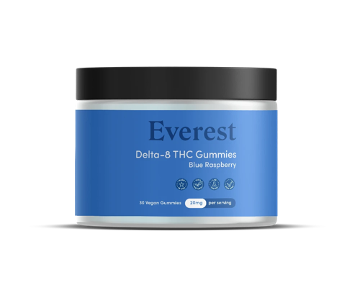
Credit: CC0 Public Domain
At a time when politics and science are at odds with the truth, conspiracy theories are on the rise and misinformation is rampant, Rutgers researchers say facts do matter and explain why beliefs are more rational than they might seem.
In a study published on the PsyArXiv preprint server and slated for publication in Psychological Review, researchers analyzed previous studies and have developed a new scientific theory they say is behind the psychology of belief. Those who don’t update their beliefs based on new information may look like they are being swayed by their desire to believe something else. However, the researchers argue that belief is not so simple.
“Even if you desperately want to continue to believe that the sun is shining, so you don’t have to cancel a planned picnic, you cannot continue to believe it is not raining,” says Joseph Sommer, a postdoctoral researcher and cognitive psychologist in the Rutgers Center for Cognitive Science. “On the other hand, a second type of belief processing can be controlled by desires. If you want to look only for evidence that agrees with you and ignore opposing views, or to try to reason away any arguments that disagree with your beliefs, you can do so.”
So why does this matter? Sommer, who authored the paper with Julien Musolino and Pernille Hemmer, associate professors of psychology and cognitive science at Rutgers University-New Brunswick’s School of Arts and Sciences, says it means that people are not immune to the truth and can still be swayed based on accurate information.
“This new research advances our knowledge about the psychology of belief, expands our conceptions of human rationality and opens the door to a deeper understanding of how and why people disagree about science and politics,” Sommer says.
While it might not be easy, there is hope, they say, that people can use the same reasoning skills to open themselves to updated facts instead of using reasoning and desire to gather rampant disinformation from social media and news sites to support their false beliefs.
“The problem is that they are never allowing evidence to reach their belief updating system,” says Sommer. “When they are presented with evidence, they spend a lot of effort explaining it away. By the time they’re done, there is no reason to update because they have entirely discredited the evidence.”
Sommer says psychology has often painted a pessimistic picture about how and why we believe. The accepted theory has been that individuals are only interested in confirming views they already hold, engage in motivated reasoning and are susceptible to cognitive biases.
“These observations seem to imply that beliefs are thoroughly irrational or even that people can believe whatever they want to, regardless of the facts of the matter,” Sommer says.
Not so, the researchers argue. Though confirmation bias and motivated reasoning are under people’s control, belief updating cannot be affected by desire or wanting a different outcome. While a desire to find evidence of fraud can debunk an argument and influence an individual’s reasoning and the ability to make sound judgments, it can’t alter their perception of facts.
People can decide not to turn on the news or to change the channel because they are afraid of what they will hear, but they cannot dismiss the information unless they dig up evidence that supports their irrational beliefs, they argue.
Does this mean that individuals who believe the 2020 presidential election was stolen, despite evidence to the contrary, could be swayed by evidence and not desire? Or that those who deny that the science on climate change is settled can be convinced that global warming is occurring because of the trapping of greenhouse gases due to human activity?
That could happen, researchers say, if people open themselves up to the newest accurate information. The problem, however, is that many individuals only receive a small amount of evidence from mainstream sources and are receiving much more pseudo-evidence from problematic sources usually telling them that mainstream evidence can’t be trusted.
“This is not to say that presenting them with accurate evidence is a silver bullet—they are likely to disbelieve this evidence and work to discredit it, too,” says Sommer. “But this allows us to keep our efforts at the level of ideas, beliefs, and evidence rather than trying to deal with mysterious irrational reasons for belief.”
More information:
Joseph Sommer et al, Updating, Evidence Evaluation, and Operator Availability: A Theoretical Framework for Understanding Belief, PsyArXiv (2022). DOI: 10.31234/osf.io/3daxy
Citation:
Study examines what drives belief (2023, September 18)
retrieved 8 October 2023
from https://phys.org/news/2023-09-belief.html
This document is subject to copyright. Apart from any fair dealing for the purpose of private study or research, no
part may be reproduced without the written permission. The content is provided for information purposes only.
Note: This article have been indexed to our site. We do not claim legitimacy, ownership or copyright of any of the content above. To see the article at original source Click Here













